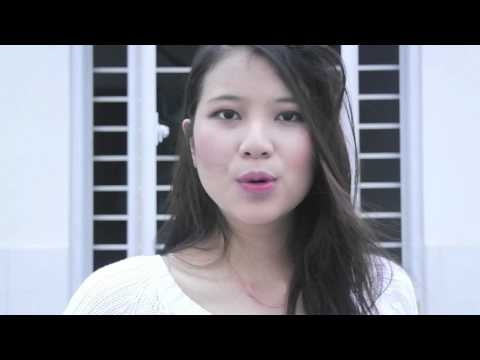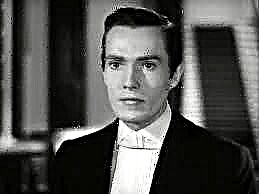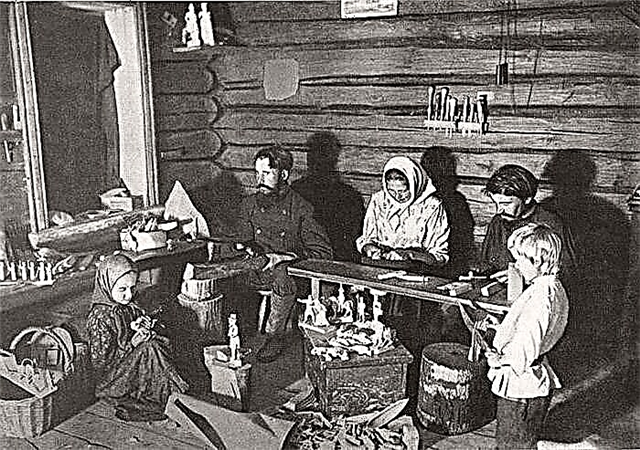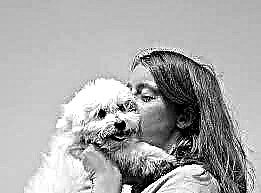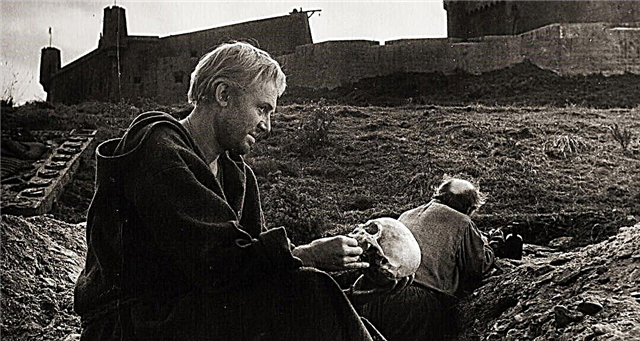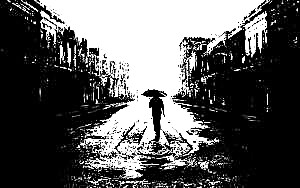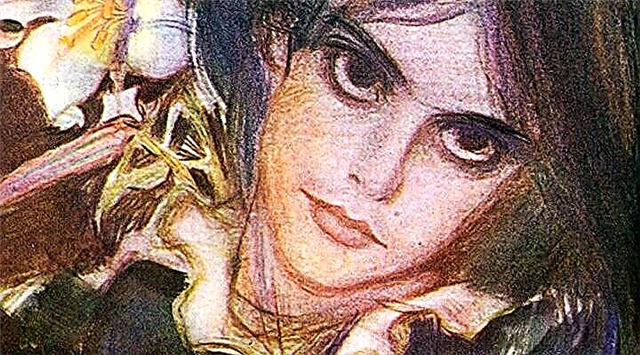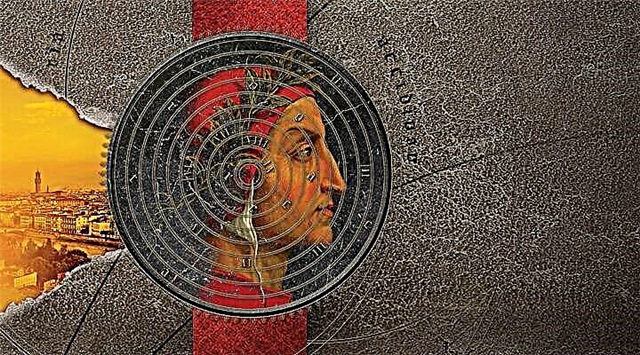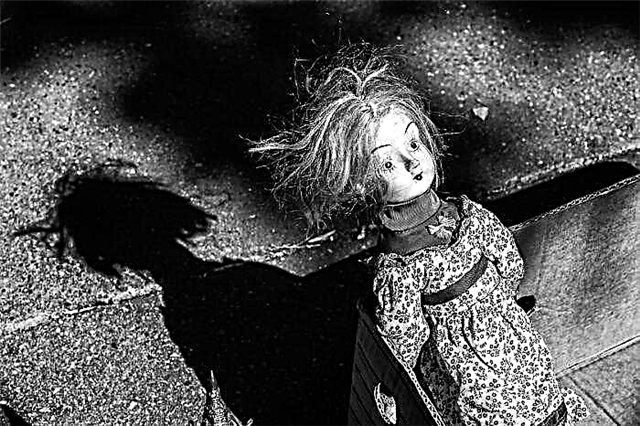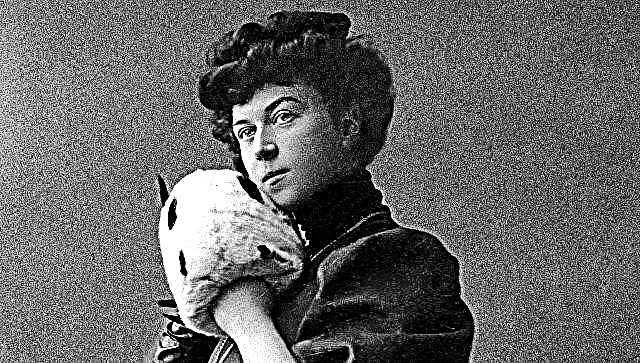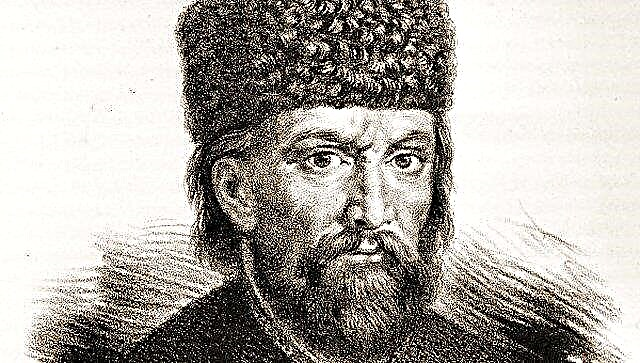Once on a ferry, Martin Eden, a sailor, twenty years old, defended Arthur Morse, Arthur from the gang of hooligans, about the same age as Martin, but belongs to wealthy and educated people. As a token of gratitude - and at the same time wishing to amuse the family with an eccentric acquaintance - Arthur invites Martin to dinner. The atmosphere of the house - paintings on the walls, many books, playing the piano - delights and fascinates Martin. Ruth, the sister of Arthur, makes a special impression on him. She seems to him the embodiment of purity, spirituality, perhaps even divinity. Martin decides to be worthy of this girl. He goes to the library in order to join the wisdom accessible to Ruth, Arthur and the like (both Ruth and her brother study at the university).
Martin is a gifted and deep nature. He is enthusiastically immersed in the study of literature, language, and the rules of versification. He often communicates with Ruth, she helps him in his studies. Ruth, a girl with conservative and rather narrow views, is trying to redraw Martin on the model of people of her circle, but she does not succeed very much. Having spent all the money earned in the last voyage, Martin again goes to sea, hiring a sailor. Over the long eight months of swimming, Martin "enriched his vocabulary and his mental baggage and better recognized himself." He feels tremendous strength in himself and suddenly realizes that he wants to become a writer, first of all, so that Ruth can admire the beauty of the world with him. Returning to Auckland, he writes an essay about treasure seekers and sends the manuscript to the San Francisco Browser. Then he sits down for a story about whalers in his youth. Having met with Ruth, he shares his plans with her, but, unfortunately, the girl does not share his ardent hopes, although she is pleased with the changes taking place with him - Martin began to express his thoughts more correctly, better dress, etc. Ruth is in love with Martin , but her own ideas about life do not give her the opportunity to realize this. Ruth believes that Martin needs to study, and he takes exams in high school, but fails miserably in all subjects except grammar. Martina’s failure is not very discouraging, but Ruth is upset. None of the works of Martin sent to magazines and newspapers have been published, all returned by mail without any explanation. Martin decides: the fact is that they are written by hand. He rents a typewriter and learns to type. Martin works all the time, not even considering it as work. "He just found the gift of speech, and all the dreams, all thoughts of beauty that had been living in him for many years, surged outward in an uncontrollable, powerful, ringing stream."
Martin discovers the books of Herbert Spencer, and this gives him the opportunity to see the world in a new way. Ruth does not share his passion for Spencer. Martin reads her stories to her, and she easily notices their formal flaws, but is not able to see the power and talent with which they are written. Martin does not fit into the framework of bourgeois culture, familiar and native to Ruth. The money earned in the swimming run out, and Martin is hired to iron the laundry. Intense, infernal work exhausts him. He stops reading and once on a weekend gets drunk, as in the old days. Realizing that such work is not only exhausting, but also stupid, Martin leaves the laundry room.
A few weeks are left until the next voyage, and Martin devotes this vacation of love. He often sees Ruth, they read together, ride bikes, and one day Ruth is in Martin's arms. They are explained. Ruth does not know anything about the physical side of love, but feels Martin's appeal. Martin is afraid to offend her purity. For Ruth’s parents, the news of her engagement to Eden is not enthusiastic.
Martin decides to write for a living. He rents a tiny room near Portuguese Maria Silva. Mighty health allows him to sleep five hours a day. All the rest of the time, he works: writes, teaches unfamiliar words, analyzes the literary techniques of various writers, searches for “principles underlying the phenomenon”. He is not too embarrassed that not a single line has yet been printed. "Scripture was for him the final link in a complex mental process, the last knot that connected individual disparate thoughts, summing up accumulated facts and positions."
But the streak of bad luck continues, Martin’s money runs out, he lays a coat, then a watch, then a bicycle. He is starving, eating one potato and occasionally dining with his sister or Ruth. Suddenly - almost unexpectedly - Martin receives a letter from a thick magazine. The magazine wants to publish his manuscript, but is going to pay five dollars, although, according to conservative estimates, would have to pay a hundred. With chagrin, the weakened Martin is ill with severe flu. And then the wheel of fortune turns - one by one checks from magazines begin to come.
After some time, luck ceases. Editions vying to try to cheat Martin. It’s not easy to get money for publications from them. Ruth insists that Martin get a job with her father, she does not believe that he will become a writer. By chance with Morzov, Martin met with Ress Brissenden and came close to him. Brissenden is sick with consumption, he is not afraid of death, but passionately loves life in all its manifestations. Brissenden introduces Martin to “real people,” obsessed with literature and philosophy. With his new comrade, Martin attends a rally of socialists, where he argues with a speaker, but thanks to a quick and unscrupulous reporter, he lands on the pages of newspapers as a socialist and a subverter of the existing system. A newspaper publication leads to sad consequences - Ruth sends Martin a letter announcing the break of the engagement. Martin continues to live by inertia, and he is not even pleased with checks received from magazines - almost everything written by Martin is now published. Brissenden commits suicide, and his poem Ephemeris, published by Martin, causes a storm of utter criticism and makes Martin glad that his friend does not see this.
Martin Eden finally becomes famous, but all this is deeply indifferent to him. He receives invitations from those people who used to make fun of him and considered him a loafer, and sometimes even accepts them. He is comforted by the idea of going to the Marquesas Islands and living there in a reed hut. He generously distributes money to his family and to the people with whom his fate has connected, but nothing can touch him. Neither the sincere passion of the young worker Lizzy Conolly, nor the unexpected arrival of Ruth, now ready to neglect the voice of rumor and stay with Martin. Martin is sailing to the islands on the Mariposa, and by the time he leaves, the Pacific seems to him no better than the rest. He understands that there is no way out for him. And after several days of swimming, he slides into the sea through the porthole. To deceive the will to live, he gains air into the lungs and dives to great depths. When all the air ends, he is no longer able to rise to the surface. He sees a bright, white light and feels that he is flying into a dark abyss, and then consciousness leaves him forever.

